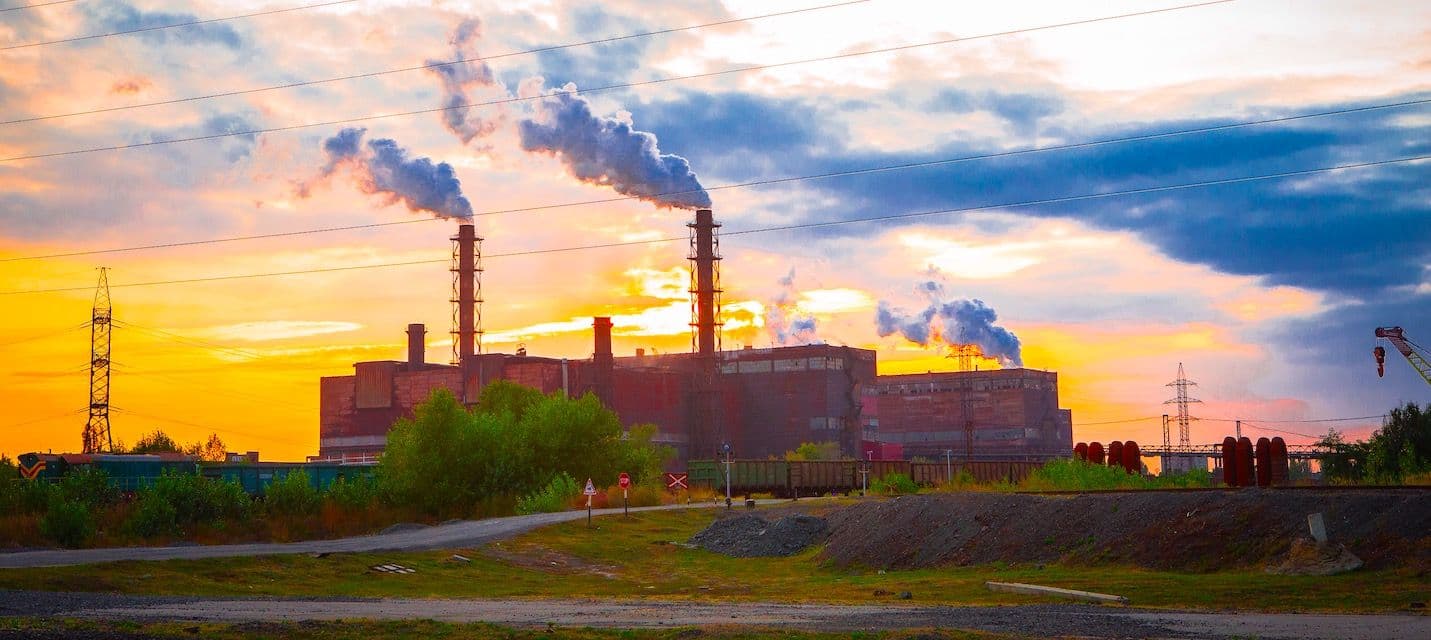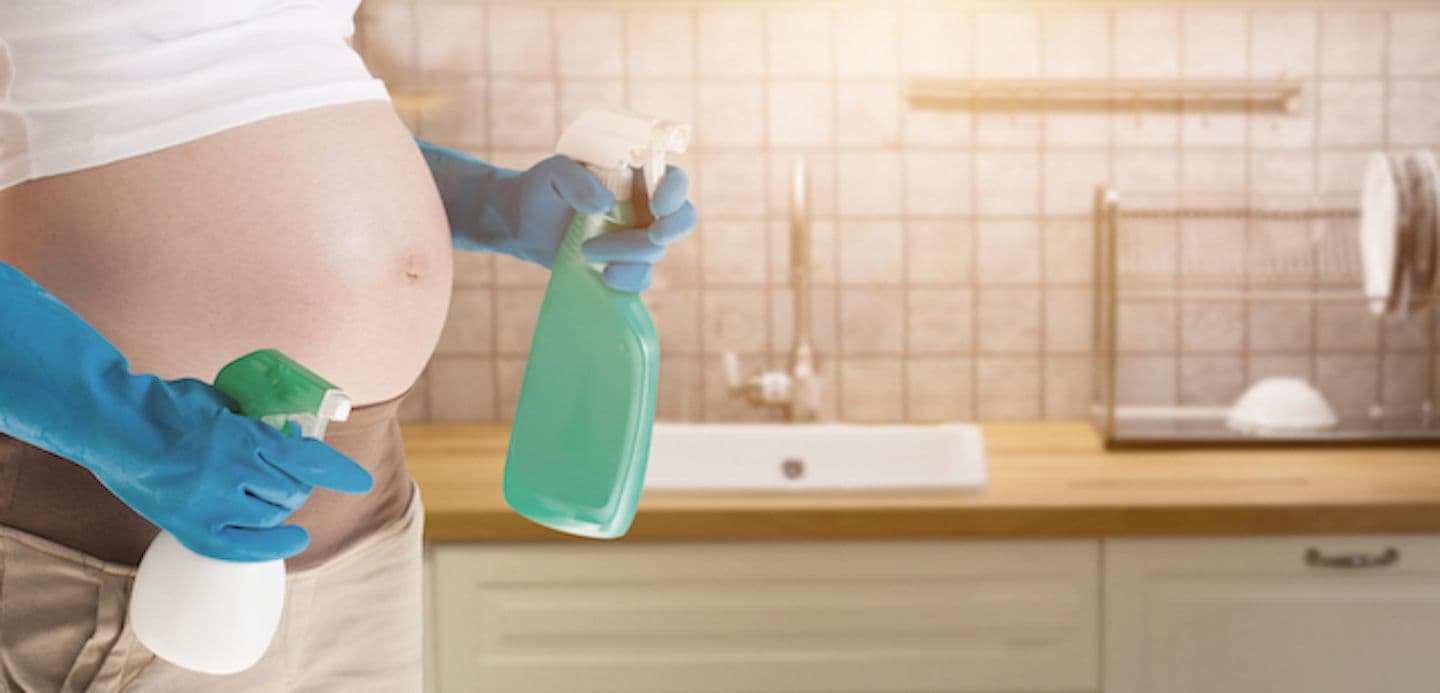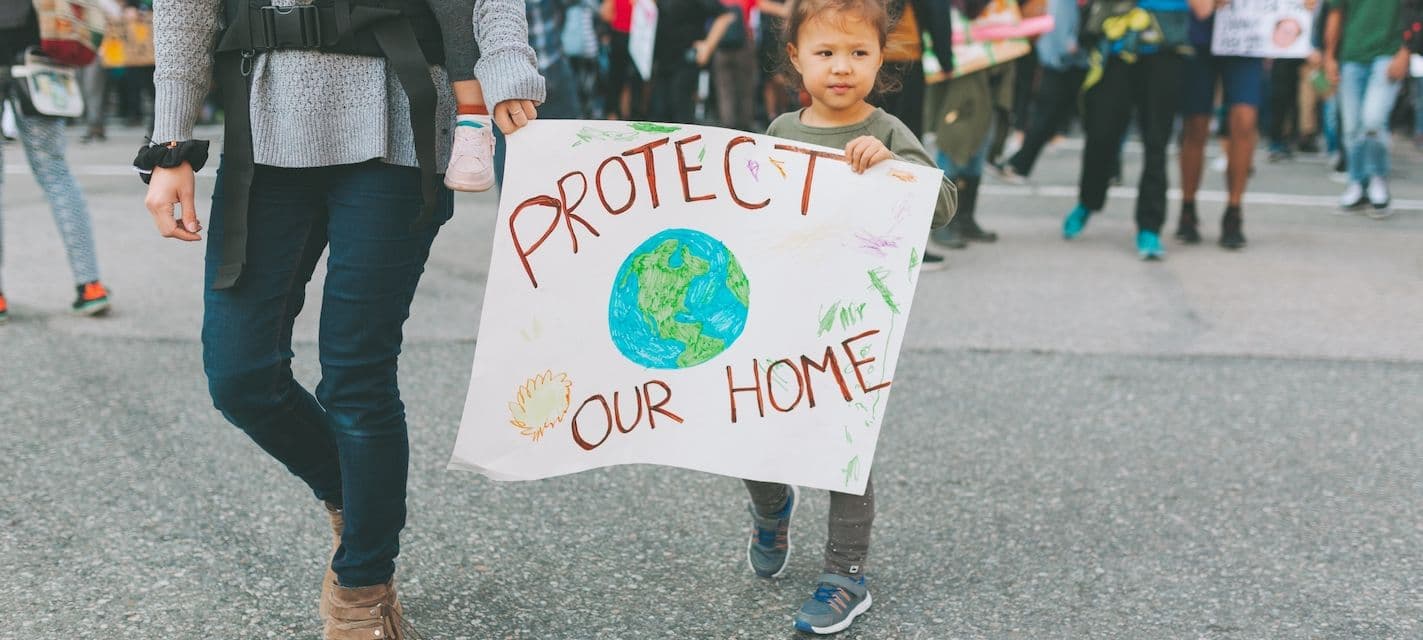Air Pollution Exposure and Pregnancy Outcomes
Pregnancy Safety
Obie Editorial Team

What is air pollution?
In general, air pollution refers to the release of pollutants, chemicals, and other agents, into the air that is detrimental to human health and the planet as a whole. Air pollution comes in many forms. Typically, polluted air is comprised of different components such as:
- ozone,
- particulate matter
- nitrogen dioxide
- sulfur dioxide
- vehicle exhaust
- building emissions
- second-hand smoke
- dust
- chemicals
You can be exposed to air pollution whether you’re in the country or a major city. You can check your local AQI Air Quality Index here.
Nitrogen disoxide and air pollution
Nitrogen Dioxide (NO2) is one of a group of gases called nitrogen oxides (NOx). While all of these gases are harmful to human health and the environment, NO2 is of greater concern. NO2 primarily gets into the air from burning of fuels, from car emisions, trucks, buses, power plnts, and offroad equipment.
What are the common symptoms of air pollution?
Common symptoms of prolonged air pollution exposure include:
- Adverse pregnancy and fertility outcomes
- Coughing
- Wheezing
- Eye and sinus irritation
- Advanced respiratory diseases like bronchitis, asthma, and emphysema
- Chronic fatigue
- Decreased lung capacity and shortness of breath
- Damage to lungs and heart
- Cancer
Although air pollution isn’t healthy for any living creature, it has the most severe impact on pregnant women, children, babies, those with respiratory problems, and the elderly.
Air pollution affects pregnancy outcomes
There are now many studies showing that polluted air adversely affects fertility and pregnancy outcomes. There are several studies showing that polluted air during pregnancy can lead to adverse pregnancy outcomes including:
- Chronic (not acute) air pollution is harmful leading to increased pregnancy loss
- problems with thyroid functions of the newborn,
- congenital malformations of the fetus,
- higher risk for preterm birth
- decreased weight gain in pregnancy
- decreased fertility with IVF
- higher risk of asthma in children exposed in-utero
A study published in 2010 specifically set out to find what types of negative effects air pollution caused by regular traffic has on your pregnancy. Especially for women who live in densely populated urban areas, pollution is a major part of breathing the outside air. Traffic is constant, and it makes sense that the cars would be emitting harmful compounds. This specific study set out to determine whether or not breathing these chemicals during pregnancy caused negative side effects such as preterm birth, babies who were born small for their gestation age, and abnormal birth weight overall.
Surprisingly, the study showed that there were no associations between heavy air pollution caused by traffic and negative side effects during pregnancy. The compound NO2 is released into the air and creates pollution in areas with high levels of traffic pollution, and women exposed to large amounts of this had healthy babies.
For the most part, these women gave birth to healthy babies of normal weight at full term. Any variables were related to external factors outside of the experiment’s control. There are many things to worry about during your pregnancy, and your worrying is not unfounded. Many chemicals found in everyday items are extremely harmful to developing babies, and scientists haven’t even uncovered many of them yet. However, rest assured knowing that the pollution you breathe in, even when walking down the busiest of streets, will not have any negative effects on your developing child. The fact that you are exposed to pollution probably means that you’re outside getting some exercise, which is worth the risk anyway. If you’re really worried about pollution, you should speak to your healthcare provider about solutions. However, you shouldn’t take drastic measures to avoid the polluted air, as it is essentially risk-free to your developing baby. Source: Ulrike Gehring et al: Traffic-Related Air Pollution And Pregnancy Outcomes. Occupational and Environmental Medicine March 2010
In another study information collected on air quality and fetal morbidity in Hillsborough County, Florida was used completed by researchers from the University of South Florida and various governmental institutions.
Researchers reviewed information on 145,445 singletons born between 1998 and 2007 in the county. Three databases were used to collect information: air pollution data from the EPA, vital records statistics, and Florida Hospital Discharge. Researchers were looking for specific fetal outcomes, including early birth, SGA (small for gestational age), and low birth weight.
When air pollutant information was compared to the fetal outcome, researchers found a correlation between fetal morbidity and air pollution. Pregnant women exposed to air pollution may be at increased risk of fetal morbidity.
One in two people live in communities with unhealthy polluted air
According to the American Lung Association’s 2018 State of the Air report, more than 4 in 10 people live in counties with unhealthy air. Breathing clean air is even more important during pregnancy when you have to breathe not only for yourself but also for the baby.
Climate change and air pollution
Many changes come with climate change and they include increased air pollution. Cleaning up these pollutants will become ever more challenging. Climate change poses many threats to human health, including worsened air quality and extreme weather events.
Effects of air pollution on health
Poor air quality is associated with a number of adverse health effects from cardiac and respiratory problems to cognitive decline. It can even lead to death.
The major culprit of air pollution is particle pollution, a combination of toxic solid and liquid particles floating around in the air we breathe. They irritate the lungs, eyes, and throat and make breathing difficult and are even linked to lung cancer. While larger particles can often be coughed or sneezed out of the body, smaller particles, however, get trapped in the lungs or find their way into the bloodstream. Sources include vehicle exhaust, cigarette smoke, and waste incineration.
Effects of air pollution exposure during pregnancy
Research suggests that air pollution is particularly detrimental to the developing baby during pregnancy. In fact, researchers have detected negative effects in both mother and fetus from air pollution levels below the current U.S. Environmental Protection Agency (EPA) standards. A large-scale study revealed that, in a single year, air pollution was the cause of 16,000 premature births in the U.S. alone.
How to get protected from pollution
You cannot get 100% protected from pollution, but there are some steps to decrease getting exposed to polluted air:
Check your local Air Quality Index (AQI)
The AQI is a measurement that runs from 0 to 500. You can check your local AQI here. The higher the AQI value, the greater the level of air pollution, and the greater the health concern. For example, an AQI value of 50 or below represents good air quality, while an AQI value over 300 represents hazardous air quality.
There are five major pollutants measured with the AQI. Each of these pollutants has a national air quality standard set by EPA to protect public health:
- ground-level ozone
- particle pollution (also known as particulate matter, including PM2.5 and PM10)
- carbon monoxide
- sulfur dioxide
- nitrogen dioxide
Even if the air looks clear, it might be contaminated. Make it a habit of looking up your zip code’s air quality index report each day. It’ll tell you particulate pollution levels and whether you should be concerned.
Prevent pollution and protect your air
Anytime you cook, use hair spray, paint, or have a fire, you introduce contaminants to your household air. Create a healthy environment by using natural household cleaners, using your vent hood when cooking, doing routine checks for mold, and using carbon monoxide detectors.
Does staying inside help?
It's not clear if staying indoors always protects you from being exposed to air pollutants. The air itself is not necessarily better indoors when compared to outdoors. If you are told to stay away from air pollution outdoors, make sure that you have an air purifier.
Get an air purifier
Air purifiers are devices that remove large and smaller particles from the air. Air purifiers work to filter these contaminants out of your air. They can remove particulate matter like biological pollutants like molds, dust mites, bacteria, animal dander and viruses, gaseous pollutants like paints, varnishes, adhesives, and pesticides.
Anyone sensitive to allergens or with asthmatic symptoms might benefit from an air purifier.
Air purifiers remove pollutants from the air using one of three common methods:
- filtration,
- electrostatic precipitation
- ionizing.
Using a filter-based air purifier is widely considered the healthiest and most effective option. The most effective form of air filtration (and likely the one you've heard the most about) is a HEPA (high-efficiency particulate absorber) filter. Models with filters pull in your home's air and move it through the filter with a circulating fan. When the air moves through each filter, any pollutants and particles are caught in the filter. The clean air is then pushed back out into your space. HEPA filters do a better job here than a standard filter because they can catch finer particles.
Study shows air purifiers can improve pregnancy outcomes
A new study revealed that fetal growth may improve if pregnant women use portable air purifiers inside their homes. The study, a first of its kind, was conducted in Ulaanbaatar, Mongolia, which is one of the most polluted cities in the world and has fine particulate matter (PM2.5) levels more than seven times higher than WHO guidelines. Fine particulate matter is the pollutant most consistently linked with human health effects.
- Get Air-Purifying Plants – Plants can naturally filter your air and help you and your growing baby breathe healthier air. Certain varieties of the spider and snake plants remove volatile organic compounds from the air and replace carbon dioxide with fresh/clean oxygen. Get one plant for every 100 square feet to maintain cleaner air.
Is air pollution bad during pregnancy?
When you are pregnant, you are always worrying about what could have a negative effect on your child’s development. Everything you eat, drink, and do could affect your baby, and you don’t want to do anything to cause it harm. Of course, some things are out of your control. There are minerals in the tap water you drink, chemicals in the food you eat, and even pollution in the air you breathe. The government regulates the number of chemicals and minerals found in all of these places, but you can’t help but wonder what effect they could be having.
Source: PubMed
Read More










